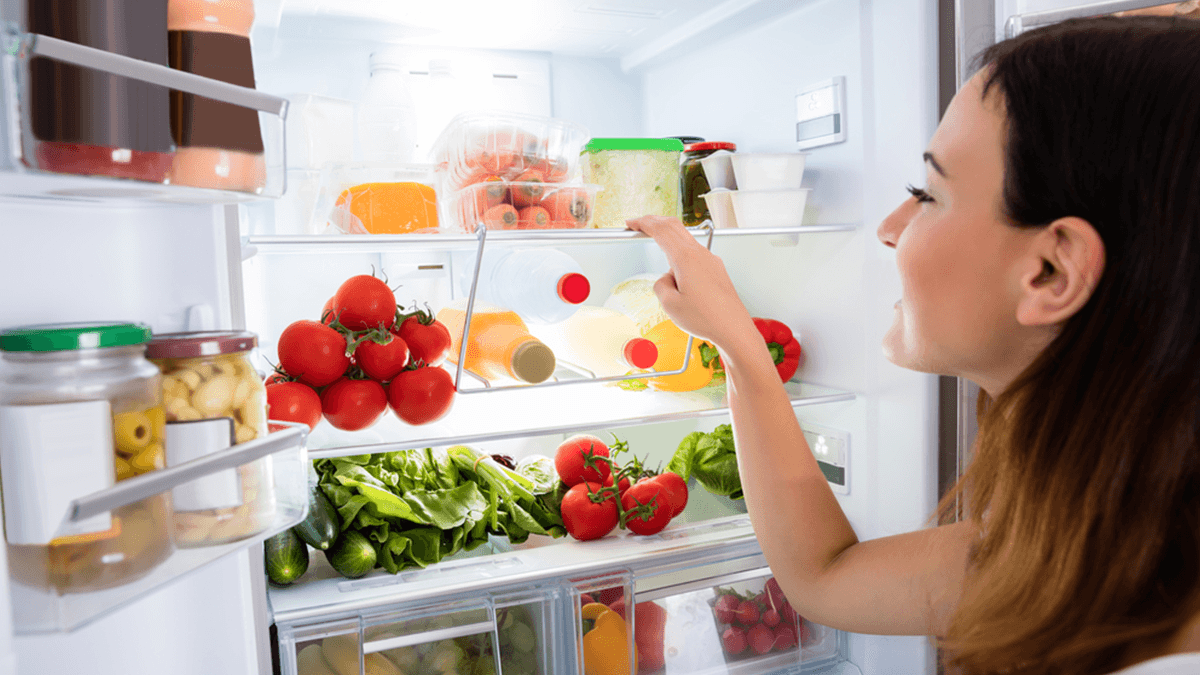As we age, we often become more conscious of our health, our budget, and our impact on the environment. One area where all three of these concerns intersect is in the way we store our food. Proper food storage not only helps us save money by reducing waste but also ensures that our food remains safe to eat and retains its nutritional value. Unfortunately, many of us are making simple mistakes that can lead to food spoiling prematurely or becoming a health hazard. We understand the importance of getting the most out of your groceries, so let’s dive into the most common food storage mistakes and how to avoid them.
Keep your oils away from heat
To extend the shelf life of your cooking oils, proper storage is key. While oils can last from months to a year after opening, keeping them in a cool, dry place with tightly secured lids helps preserve their quality. Avoid placing them near the hob or oven, as heat can cause the oils to spoil more quickly, leading to unpleasant flavours.
Separate your spuds from your onions
It’s a storage tradition as old as time: potatoes and onions, side by side in the pantry. However, this seemingly harmonious pairing is actually a recipe for spoilage. Onions emit ethylene gas, which can cause potatoes to sprout and spoil more quickly. Meanwhile, the moisture from potatoes can lead to your onions becoming soft and mouldy. To keep both at their best, store them separately in a cool, dry place with good air circulation. This simple change can significantly extend the shelf life of these kitchen staples.
Dry your produce before chilling
We’ve all been there – you get home from the market, wash your fruits and vegetables, and then toss them into the fridge. However, storing wet produce can lead to mould growth and faster spoilage. Instead, take the time to dry your produce thoroughly before refrigeration. Use a clean kitchen towel, paper towel, or a salad spinner to remove excess moisture. This extra step will help keep your fruits and veggies fresh and ready for your next healthy meal.
Inspect cans for damage
Canned goods are a staple in many Australian pantries due to their long shelf life and convenience. However, not all cans are created equal. Dented or rusted cans can be a sign of compromised integrity, which may lead to food spoilage or contamination. When shopping, avoid cans with significant dents, especially around the seams or seals. If you notice rust or damage on cans at home, it’s better to err on the side of caution and dispose of them. Remember, no bargain is worth the risk of food poisoning.
Cover your leftovers properly
After a hearty meal, it’s tempting to shove the leftovers straight into the fridge and call it a night. However, uncovered foods can absorb odours and become contaminated by bacteria or mould present in the refrigerator. Always transfer leftovers to airtight containers or wrap them securely with cling wrap or aluminium foil. This practice not only keeps your food safe but also helps maintain its quality for your next meal.
Store meat safely
Cross-contamination is a serious concern when it comes to storing raw meat. To prevent bacteria from spreading, always place raw meat on the bottom shelf of the fridge, ideally in a designated meat drawer or on a tray to catch any drips. This prevents meat juices from contaminating other foods, particularly those that you might eat raw, like salad greens or fresh fruit.
Practice FIFO in your pantry and freezer
The ‘First In, First Out’ (FIFO) principle is a simple yet effective way to manage your pantry and freezer. By rotating your stock and using older items first, you can reduce waste and ensure you’re consuming food at its peak quality. Organise your shelves so that items with the nearest expiration dates are at the front, making them easy to grab. This method also applies to your freezer, helping to prevent freezer burn and keeping your frozen goods tasting fresh.
By avoiding these common food storage snafus, you can save money, reduce waste, and enjoy your food at its best. Remember, good food storage habits are not just about preserving food; they’re about preserving your health and well-being. So, take a moment to reassess your kitchen practices and make the necessary adjustments. Your body, your wallet, and the planet will thank you.
What are some of your go-to tips for keeping food fresh longer? Have you discovered any storage methods that have made a noticeable difference in your kitchen? We’d love to hear your thoughts and experiences in the comments below!
Also read: Pantry magic: An unexpected trick to keep onions fresh for months

